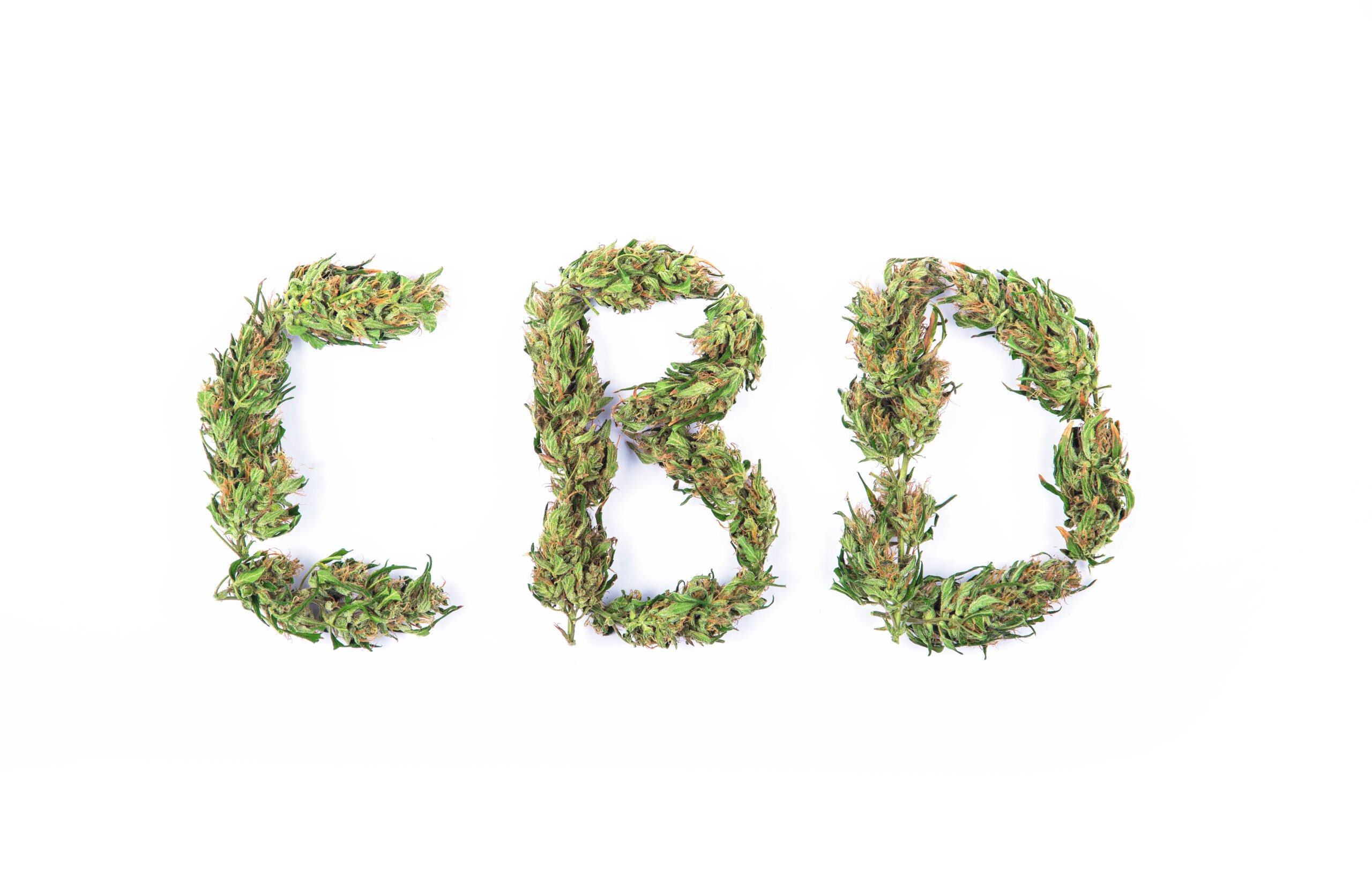According to the Centers for Disease Control and Prevention, “cannabidiol (CBD) is a compound found in cannabis. CBD is not impairing, meaning it does not cause a ‘high’.” The chemical has become popular in recent years because of its potential therapeutic effects.
People use CBD to address a variety of conditions, from chronic pain and anxiety to sleep disturbances. However, if you’re in recovery from substance use disorder (SUD) or alcohol use disorder (AUD), it’s important to talk with your healthcare provider or addiction continuing care counselor about how CBD products might affect your sobriety. Here’s what you should know.
Understanding CBD and Its Effects
The Centers for Disease Control and Prevention indicate that in 2018, “the U.S. Congress passed and signed into law the Agriculture Improvement Act. This law removed hemp from the federal Controlled Substances Act, effectively legalizing CBD if it comes from hemp.” Harvard Health notes that “while CBD is an essential component of medical marijuana, it’s derived directly from the hemp plant, a cousin of marijuana, or manufactured in a laboratory.”
One key difference is that CBD is a non-psychoactive compound that doesn’t contain the mind-altering delta-9 tetrahydrocannabinol (THC) compound found in marijuana. However, both CBD and THC interact with your body’s endocannabinoid system, which helps regulate processes such as mood, pain, and sleep.
Some studies suggest that CBD may have a range of therapeutic applications, including anti-inflammatory, analgesic, anti-anxiety, and neuroprotective effects. These properties make it an appealing option for individuals seeking alternatives to traditional medications. However, the State of Texas closely regulates consumable products containing CBD, such as capsules, creams, drinks, gummies, and oils.
While CBD itself isn’t addictive or impairing, there are still many uncertainties regarding its role in addiction recovery. It’s important to separate the potential benefits of CBD from the risks associated with using it while in recovery.
Risks of Using CBD Products in Sobriety
Despite the promising therapeutic benefits of CBD, if you’re in recovery, it’s essential to consider the following points.
Potential for THC Cross-Contamination
One of the biggest concerns with using CBD products, especially unregulated ones, is the possibility of contamination with THC. In Texas, 0.3% is the maximum concentration of delta-9 THC allowed in hemp and hemp products and 1% in medical marijuana products. However, if you’re trying to avoid all mind-altering substances, even these low levels of THC could be a concern.
Lack of Regulation
The CBD market is largely unregulated, and the lack of oversight means that product quality can vary significantly. Some products may contain contaminants, including pesticides or heavy metals, which can pose health risks. Without standardized testing and clear labeling requirements, someone in recovery may inadvertently expose themselves to substances that could interfere with their recovery or overall health.
If you and your healthcare provider or addiction specialist decide CBD is safe for you to take in recovery, opt for reputable, third-party tested products and ensure that any CBD you use contains little to no THC.
Risk of Misuse
While CBD isn’t addictive, that doesn’t mean it’s without side effects. The Centers for Disease Control and Prevention reports that “the FDA has limited data on CBD safety. Please consider these possible side effects and risks before using CBD.” They include:
- Drowsiness or sleepiness
- Diarrhea or changes in appetite
- Changes in mood, such as irritability
- Interference with other drugs you’re taking, which may lead to injury or even more serious side effects
- Liver damage
Additionally, taking CBD isn’t recommended if you’re pregnant.
Psychological Dependence
Reliance on any substance, even holistic remedies, may counter the principles of certain recovery programs emphasizing complete abstinence. If you’re in a 12-Step program like Marijuana Anonymous or something similar, evaluate the philosophy of sobriety and if using CBD consistently on any level aligns with your wellness goals.
How Great Oaks Preserves Your Recovery
As a premier addiction rehabilitation and dual diagnosis treatment center, Great Oaks Recovery Center outside of Houston, Texas can help. Our board-certified medical professionals offer a multi-faceted treatment program that meets you where you are and provides an opportunity to design a healthy life on your terms.
Each person has a different recovery journey. The core intent of our whole-person healing philosophy is to help you find techniques that work best for you and help you maintain a healthy, focused sober life. Trust that we’ll work together to develop a continuum of care plan that enables you to live well and on your terms. Want to learn more? Call our admissions team today.



